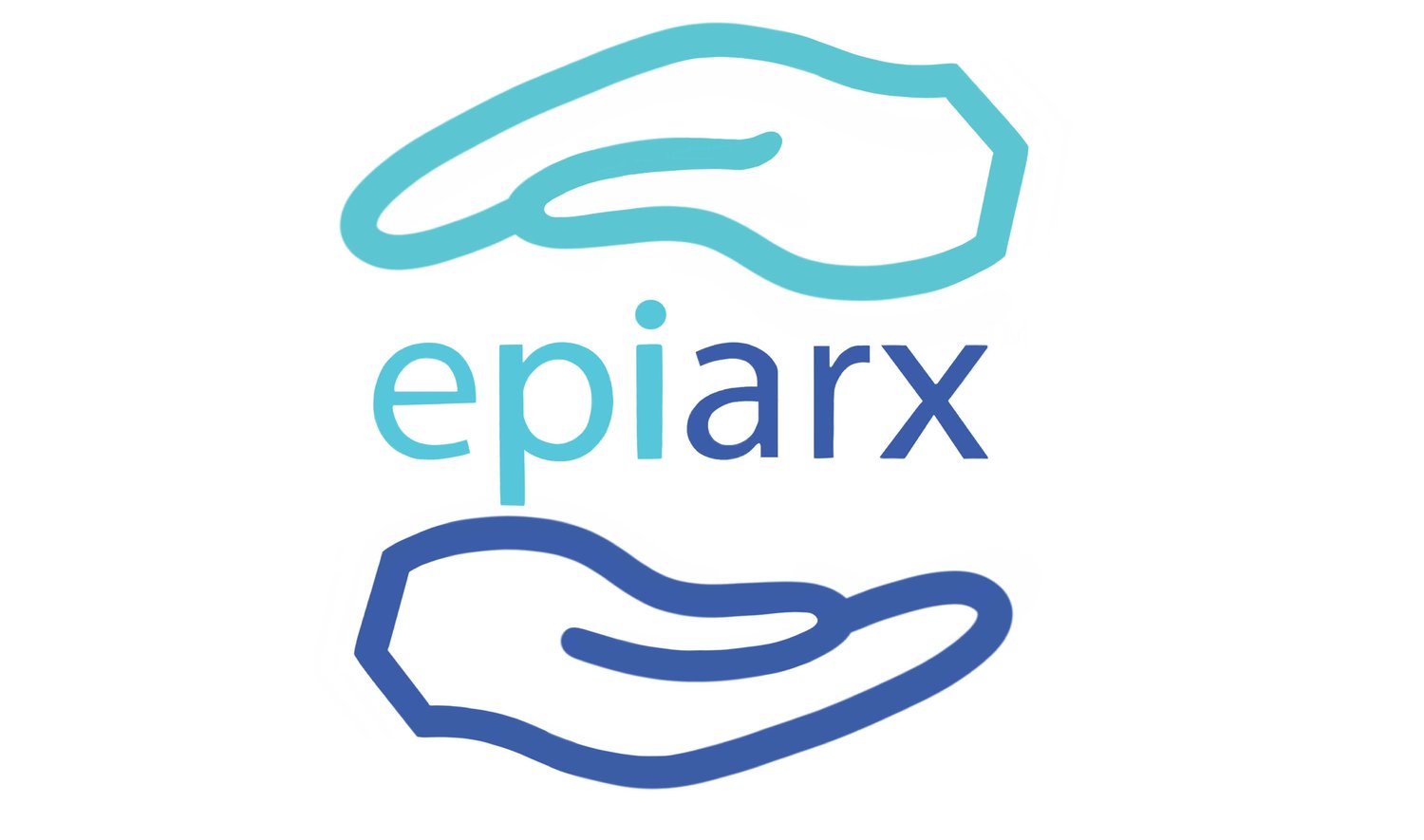DNA Testing After Death: Unlocking Legacies Through Post-Mortem Genetic Testing
When a loved one dies, it may seem as though their story ends with them. Yet in truth, their genetic legacy endures, quietly coded within each strand of DNA. Today, post-mortem DNA testing is revolutionizing how we understand familial health, genetic heritage, identity, and inheritance. It bridges the biological past with the decisions of the present and the prospects of the future.
Whether you are a grieving family member, a healthcare professional, or a funeral director seeking to offer deeper value, understanding what post-mortem DNA testing can reveal may profoundly shift the way we experience both loss and legacy.
What Is Post-Mortem DNA Testing?
Post-mortem DNA testing involves retrieving and analyzing an individual’s genetic material after death. This is most commonly performed using tissue, blood, or buccal samples.
Thanks to advances in molecular preservation, high-quality DNA samples can now be stored securely for years at room temperature. These samples hold the potential to uncover critical medical insights, establish familial links, confirm biological relationships, and even help facilitate emotional closure.
Why Families Are Turning to Post-Mortem DNA Testing
Let’s illustrate the impact with a real-world example:
After 38-year-old Michael passed away unexpectedly, his family was left without answers. Concerned about their own health, Michael's sister ordered a post-mortem DNA test. The results revealed a rare inherited heart condition that she and two other siblings also carried, something they would never have discovered without the genetic analysis. Today, all three are under preventive care, likely avoiding the same fate.
Stories like these show why families are increasingly turning to DNA testing after death.
Uncovering Medical Insights for the Living
One of the most compelling reasons for post-mortem genetic analysis is its capacity to reveal hereditary conditions. In cases of unexpected death, testing can identify markers for cardiac arrhythmias, clotting disorders, and rare genetic diseases that may also affect surviving family members. Armed with this information, relatives can take proactive steps toward prevention and early intervention.
Genetic Counseling and Future Family Planning
The DNA of a deceased loved one becomes an invaluable resource for genetic counseling. Families with a history of inherited conditions can use preserved DNA to make informed decisions about reproductive health, carrier status, and screening for conditions that might otherwise remain hidden for generations.
Establishing Identity and Biological Relationships
For some, post-mortem DNA testing provides clarity in personal or legal disputes involving paternity, estate claims, or immigration matters. When questions of identity arise after someone has passed, DNA offers scientifically grounded answers that can resolve decades-long uncertainties.
Preserving a Tangible Legacy
Beyond science, there is symbolism. A DNA sample is not just a clinical specimen; it is a deeply personal artifact. Preserving it means offering future generations a biological connection to those who came before, a testament to their existence, encoded at the molecular level.
How the Process Works: Respectful, Rapid, Reliable
The process of post-mortem DNA collection is increasingly streamlined and designed to honor both scientific rigor and emotional sensitivity:
Step 1: Request a DNA Consultation
Families, funeral homes, or clinicians can start their DNA consultation by visiting our website epiarx.com/schedule
Step 2: Receive a DNA Collection Kit and Collection
A sterile swab or tissue sample is collected.
Step 3: Preservation & Secure Storage
Samples are sealed and transported to certified laboratories, where they undergo DNA extraction and long-term preservation under strict regulatory and ethical standards.
Step 4: Optional Analysis or Deferred Testing
Families may opt for immediate genetic analysis or preserve the sample for testing at a later time, based on evolving medical or legal needs.
Step 5: DNA Capsule Mailing
Families will receive DNA capsule, stable at room temperature, that can be used for future genetic studies and/or keepsakes.
Who Should Consider Post-Mortem DNA Testing?
Children and siblings seeking to understand inherited health risks.
Parents and caregivers coping with unexplained loss.
Spouses and partners preserving a genetic memento for legacy purposes.
Funeral professionals aiming to extend meaningful services to families.
Genetic counselors and estate planners managing long-term family well-being.
DNA as a Lasting Gift of Knowledge
In the immediate aftermath of loss, decisions often feel rushed and overwhelming. Yet the choice to preserve a loved one’s DNA offers a moment of empowerment amid grief. It is a decision that may yield answers, provide comfort, or even save lives in the years to come.
Visit epiarx.com/schedule and schedule DNAConsultation to secure your family's genetic future today!


